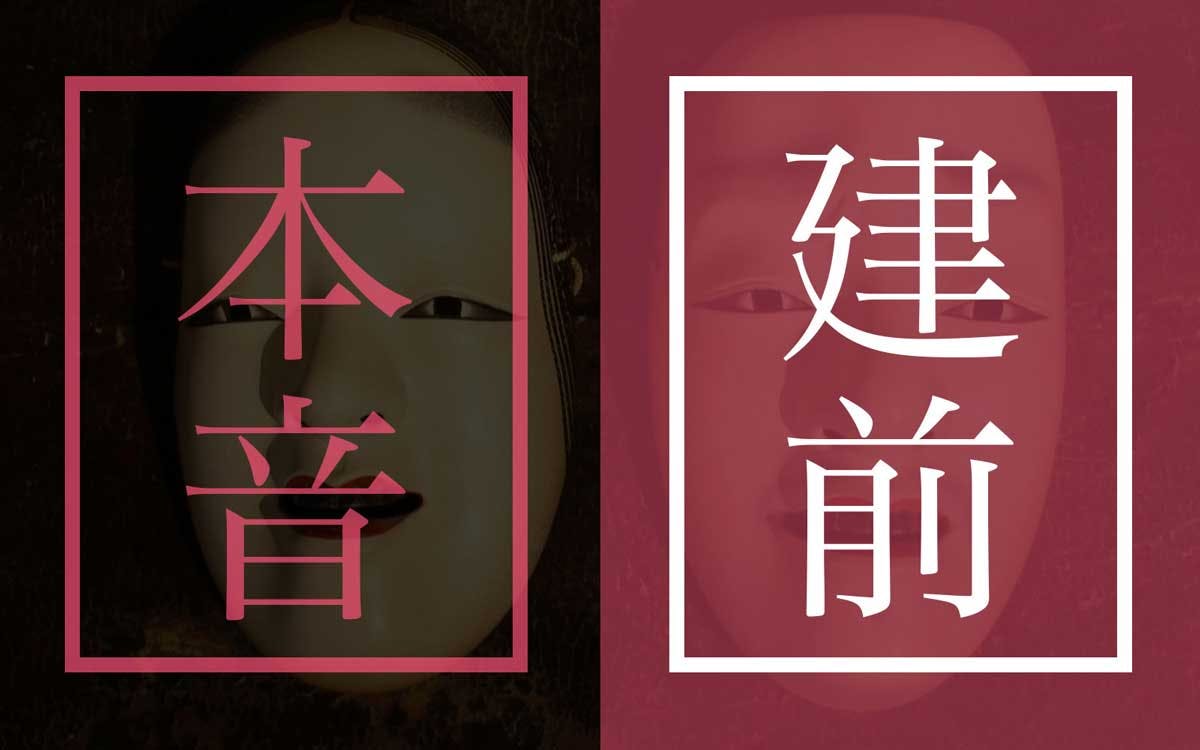
An anonymous source claiming to be, Satoshi Nakamoto, has unveiled a website and posted excerpts from a book that, they are writing. What does it mean?
“She tells enough white lies to ice a wedding cake.”- Margot Asquith
Big news, an anonymous source claiming to be Satoshi Nakamoto, the founder and creator of Bitcoin, has unveiled a website and posted excerpts from a book that he, she, it, they are writing. This is thrilling news for cyberpunks and investors alike. Of course, this news carries the caveat that there have been numerous claims by people saying they are Satoshi or they carpool with him and therefore can speak for him. The infamous, elusive and most likely, completely fabricated, Nakamoto, seems to be on the verge of revealing who he is, they are … and giving details about themself to the wanting world. Who is this person or group that have given us Bitcoin and a new use for the blockchain technology? In a simple, text website for the Nakamoto Family Foundation, you can find a 21 page excerpt from the upcoming book. It’s dense, it’s Bitcoin-a-licious and some things are revealed. For one, Satoshi Nakamoto, which most people already guessed, is not a real name. It’s a code name, he says it’s the Japanese equivalent of John Smith. And seriously, we have no idea if Satoshi really is Japanese or just an aggressive Japanophile. There is a little cryptography game to play that will reveal the title of the book.

I’m going to spoil that right now, the book is called “Honne and Tatemae.” If you’re a cryptocurrency enthusiast and have wondered about this Nakamoto character, you will find this a very appropriate name for a book by someone who has done something so public but remained very private.
Honne and Tatemae
Honne and Tatemae are Japanese concepts that are societal norms in the country. Honne, defined as “true sound” is something that is really thought but not spoken out loud. Tatemae is defined as built in front or facade. This is the opposite of Honne and can be seen as the equivalent of a white lie.
To westerners, this idea of Honne and Tatemae are often mistaken as two-faced, as untrustworthy. People visiting Japan or trying to strike up a relationship with a Japanese person may see them as lying, as hurtful or uninterested in being a friend. However, if you break it down and think about the concept of these two words from a Japanese point of view, it actually makes sense.
The Japanese employ these concepts in an effort to avoid conflict, criticism and hurting the feelings of others in society, to maintain a harmony in the world. It’s super polite and used without any malice. Japanese people are not trying to deceive others for nefarious reasons, they are simply seeking a balance, a harmony in life.
It Takes a Village
Ancient Japan was comprised of small villages. All members of the village were involved in the livelihood of the people who lived there. Often agrarian, planting, harvesting and selling was a village occupation. Most times, these villages were made up of extended family. When you’re living in close quarters and relying on each other to survive, keeping harmony is very important. So, avoiding conflict or insulting another member of the village was a must. Thus the concept of Honne and Tatemae were born. They came from an effort to keep harmony and survival alive in the village. No one was able to survive on their own and so, if you were upset with someone, or didn’t like them, it was smarter to keep these feelings inside rather than upset the balance and risk being booted out on your ass and trying to go it alone. So, Tatemae, the facade, was used to be polite, be kind, be harmonious when with others and Honne, well, you kept that to yourself.

Think of the Group
Because Japan has a deep history in small villages taking care of themselves, the idea of the group being more important than the individual has survived and Japan is a very group-oriented culture. Group activities, doing what the group wants, the health and well being of the group, uchi, holds more sway than what the individual desires. There is an old Japanese proverb; “A nail that stands will be hammered down”. Standing out is not looked upon as safe or polite. This is not as bad as it may seem to a westerner, where being an individual is so very important, which is seen by the way we all want to dress like the stars and drive the right car, etc, very individual of us. A society that focuses on the group rather than the one, like Japan, has a strong social order, there is less crime and there is more room for compassion. Now, the tenets of Honne and Tatemae, may seem to believe that however, if you really think about it, Tatemae is very compassionate and thoughtful. If the true sound is hidden, there is less chance to hurt, anger or embarrass someone. We do it in America, the Japanese have just formalized it.
It’s a White Lie
Japan is not the only country that employs Honne and Tatemae, although, they may be the only country that has raised it to cultural excellence. We here in the U.S.A do it as well, we call them white lies. It’s socially accepted that we don’t just speak the first thing that comes into our heads, we stop, we think, and we use a white lie to avoid upsetting someone and ruining Christmas. It’s an unspoken rule and it keeps us from all manner of fist fights and public weeping. Like a white lie, Tatemae can be seen as a sign of being tender-hearted and compassionate.
When Honne and Tatemae are not used properly, if you speak what’s on your mind to a group of people you’ve just met or you share too much or something too personal with a group of strangers, what we often call TMI, you will offend the group and you will find yourself being avoided.

Give it Time
Some Americans feel that Japanese society is difficult to navigate due to Honne and Tatemae, they fear they are always being lied to or that everyone in Japan is keeping them at arm's length. While this may be somewhat true initially, like all good things, it simply takes time for it to change. As an outsider, Soto, you will be treated with respect and, yes, distance. However, with time and patience, this facade is eventually dropped and you will be accepted into the group, as much as any outsider can be. But, in order to be accepted, you have to understand and use the concepts of Honne and Tatemae properly.
If you think about it, if you really give some time and energy to pondering the concepts of Honne and Tatemae, I think you’ll agree that it is a great name for Nakamoto’s book. There is a very public voice to Bitcoin and a facade that covers up who he or they are. When discussing this in the 21 pages, Nakamoto states that Bitcoin and the blockchain technology are what's important, who he is doesn’t really matter. The group, the project is far more important than any individual kudos or press he would receive. So, although the idea of a Bitcoin book is really awesome, don’t be too surprised if the author doesn’t reveal all the juicy details of how he or they are and you end up knowing no more about Satoshi Nakamoto after you read the book than you do before reading it. I have a feeling that Honne and Tatemae are strong with this one.

